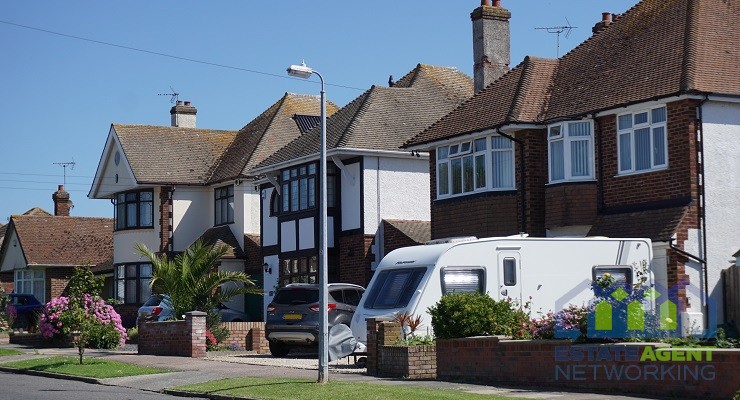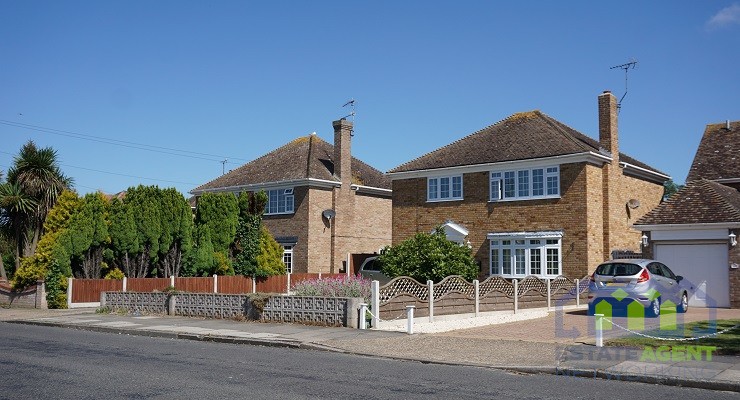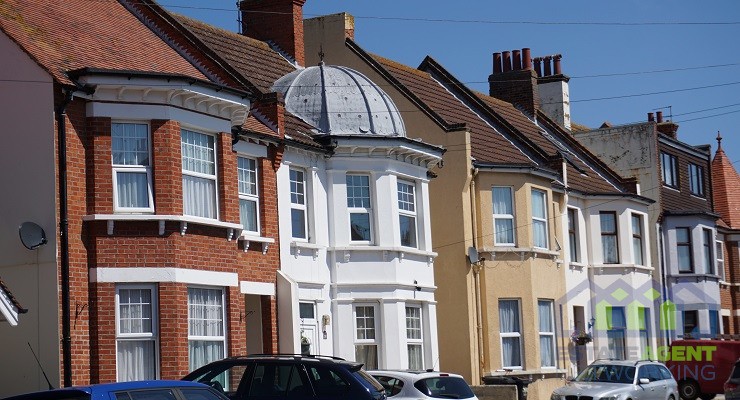Understanding Mortgage and Loan Rates: 7 Ways Rising Mortgage Rates are Reshaping The Estate Market
The real estate market is a dynamic and ever-changing landscape influenced by many factors. One of the most significant drivers of the real estate market is the fluctuation of mortgage and loan rates.
Mortgage interest rates are pivotal in shaping properties’ buying and selling patterns.
Recently, there has been a notable trend of rising mortgage rates, which has far-reaching implications for the real estate market.
This article will explore how increasing mortgage rates reshape the real estate landscape.
Affordability Challenges
One of the most direct and palpable consequences of the escalating mortgage rates is the profound impact on housing affordability.
For instance, as HDB loan interest rates rise, the cost of borrowing increases, making it more challenging for potential homebuyers to afford their dream homes.
Higher HDB loan interest rate translate to higher monthly mortgage payments, straining buyers’ financial capabilities.
This formidable affordability challenge has the potential to dissuade first-time homebuyers from entering the market, creating a barrier to their homeownership aspirations.
Additionally, it may compel others to reevaluate their options, pushing them towards considering more budget-friendly properties or necessitating a delay in their cherished home purchase plans.
The intricate interplay between rising mortgage rates and affordability underscores the evolving dynamics that influence the decisions and trajectories of individuals navigating the complex real estate landscape.
Shift in Buyer Behavior
The ascent of mortgage rates catalyzes a discernible transformation in buyer behavior, profoundly influencing their preferences and choices within the real estate landscape.
With higher borrowing costs, buyers adopt a more cautious and discerning approach, strategically navigating towards smaller homes or properties in more economically viable neighborhoods.
Furthermore, the urgency to purchase may experience a palpable decline as buyers strategically await potential decreases in rates or more favorable market conditions.
This deliberate shift in buyer behavior initiates a far-reaching ripple effect throughout the real estate market, leaving an indelible mark on property values and altering the demand landscape.
The evolving dynamics, driven by the fluctuating currents of mortgage rates, underscore the adaptive nature of buyers. This necessitates a nuanced understanding of their shifting preferences in response to the ever-changing economic currents within the real estate sphere.
Impact on Refinancing
The escalation of mortgage rates extends beyond prospective homebuyers, significantly influencing existing homeowners contemplating mortgage refinancing.
In periods of low-interest rates, many homeowners seize the opportunity to refinance, aiming to secure lower monthly payments or access equity within their homes.
Nevertheless, as rates ascend, the allure of refinancing diminishes, casting a shadow over the overall refinancing activity in the real estate market.
This decline in refinancing holds implications for the broader economy, as the practice is intrinsically linked to increased consumer spending.
The ebb and flow of refinancing activity serve as a barometer of economic vitality. This makes it a key metric to monitor amid the ever-changing landscape of mortgage rates and their intricate ties to the financial well-being of homeowners.
Influence on Investment Strategies
The reverberations of rising mortgage rates extend their reach to real estate investors, introducing a paradigm shift in their operational landscape.
Elevated borrowing costs emerge as a critical factor, wielding the potential to impact the profitability of investment properties significantly. It is particularly so for investors reliant on financing for their acquisitions.
Confronted with this evolving financial terrain, investors must recalibrate their strategies. This may involve a strategic pivot towards properties with higher potential returns, navigating the market with a discerning eye for lucrative opportunities.
Simultaneously, investors may broaden their horizons, exploring alternative investment avenues outside real estate to mitigate the impact of escalating borrowing costs.
The dynamic and evolving landscape necessitates investors to adopt a more strategic and agile stance, demonstrating adaptability in response to the fluctuating currents of mortgage rates.
This adaptive approach becomes paramount in navigating the nuanced terrain of real estate investments, ensuring investors remain resilient and responsive to the ever-changing dynamics of the market.
Regional Variances
The impact of rising mortgage rates is shared across all regions. Different markets experience varying degrees of influence based on local economic conditions, job markets, and housing supply.
While some areas may see a more pronounced slowdown in real estate activity due to higher rates, others may remain resilient. Understanding these regional variances is crucial for buyers and sellers to make informed decisions in response to changing mortgage rates.
Influence on New Construction
The impact of ascending mortgage rates reverberates within the realm of new construction in the real estate market, marking a pivotal intersection where financing dynamics meet the built environment.
The escalation in developer borrowing costs becomes a key determinant, precipitating a surge in construction expenses that, in turn, carries the potential to decelerate the pace of new housing projects.
As the pendulum of construction costs swings higher, there emerges a consequential effect on the supply of new homes. The constraint in this supply exerts an additional strain on housing affordability, creating a delicate equilibrium.
This intricate interplay between mortgage rates and new construction illuminates the interconnected nature of disparate facets within the real estate market.
The fluctuations in financing costs serve as a linchpin, dictating the rhythm of construction activity. By extension, it influences the availability and affordability of homes in the ever-evolving landscape of the real estate sector.
Impact on Mortgage Lenders
The dynamics of the real estate market, including the intricate relationship between mortgage rates and lending institutions, unfold beyond the transactions between buyers and sellers.
Elevated interest rates have the potential to diminish mortgage loan applications, with fewer individuals meeting the qualifying criteria or finding the terms less favorable.
In response to this evolving landscape, mortgage lenders may proactively adapt by refining their lending criteria. Or they can introduce innovative financial products designed to attract borrowers in the face of changing interest rate environment
Final Words
The relationship between mortgage rates and the real estate market is intricate and multifaceted. The recent trend of rising mortgage rates has brought about many changes, reshaping how individuals approach buying and selling properties.
As the market evolves, stakeholders must stay vigilant, adapt their strategies, and make informed decisions to navigate the changing landscape successfully.
Understanding the nuances of mortgage rates is a crucial driver shaping the housing landscape for buyers and sellers alike.







